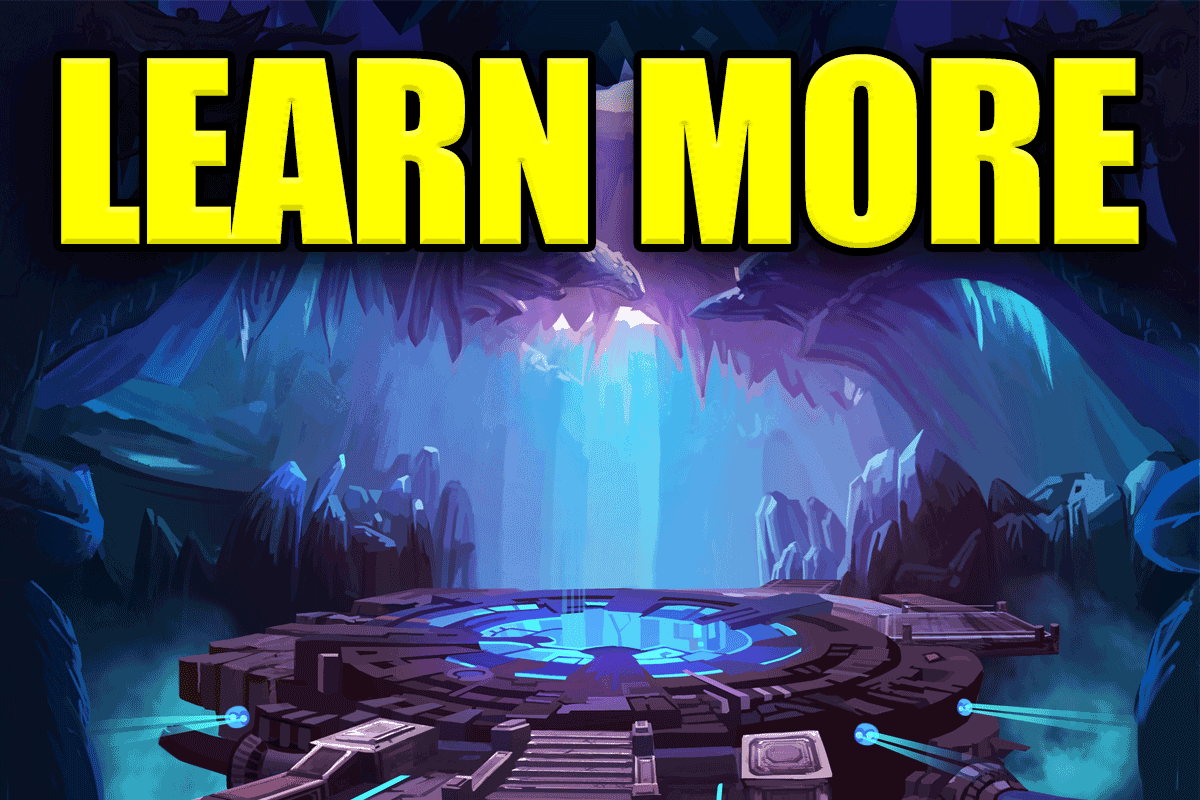What’s His Name?
Imagine this situation.
You’re hanging out with friends.
And your talking about movies you’ve seen recently.
Somebody mentions a movie you’ve all seen.
But nobody can remember the name of the actor.
So it becomes a contest who can come up with the name first.
But nobody can.
Then, an hour later, when the conversation’s been forgotten, the name pops into your head.
The harder you try to remember, the harder it gets.
Helpful Forgetfulness
But when you forget about, your brain delivers the goods.
This kind of idea is also in movies about amnesia.
Somebody gets amnesia and forgets who they are.
“Don’t force it,” the doctor says.
“Let them come back naturally,” the doctor says.
Then some strange thing happens, some weird event triggers the recovery of one memory, then they all come flooding back.
The terms “conscious mind” and “unconscious mind” is a metaphor.
A metaphor for whatever part of your brain that is consciously focusing on what you are doing.
Like right now, you are reading these words.
And you are about to start paying attention to the feeling in your left foot.
But before you saw the words “left foot” you weren’t paying attention.
But your “unconscious” mind was.
Light Metaphor
Think of a large football field, but in the dark.
And all you’ve got is a tiny flashlight.
And you need to find your keys.
Whatever part is lit up with your flashlight is your conscious mind.
All the stuff in the dark is your unconscious.
Metaphorically, of course.
But the actual physical position of your “unconscious” and “conscious” are always shifting.
Unless, of course, you are asleep.
Then you and your mind are unconscious.
This is when your mind can work with massive efficiency.
To solve problems, imagine new things, etc.
T.S. Elliot called the dreaming mind an “idea incubator.”
Or like a ready-bake oven.
You put in a half baked idea as you fall asleep.
Like Magic!
Then, magically, in the morning, the idea is fully baked.
Sometimes I’ll wake up in the middle of the night, and I’ll be imagining a problem.
The more I try and solve the problem with my conscious mind, the harder it is to fall back asleep.
But if I just “release” the unsolved problem, figuring I can worry about it later, I fall back asleep.
And then sometime during the next morning the solution will just pop into my brain.
POOF!
Your dreaming mind can be a very, very powerful resource.
So long as you use it effectively.
Learn How:
Dream Programming
Learn Hypnosis

Mind Persuasion has plenty of books and courses to teach you how to speak hypnotically and persuasively.
Live Training
Full Courses
$9 Courses
Mind Persuasion Books
$5 Subliminal Programs